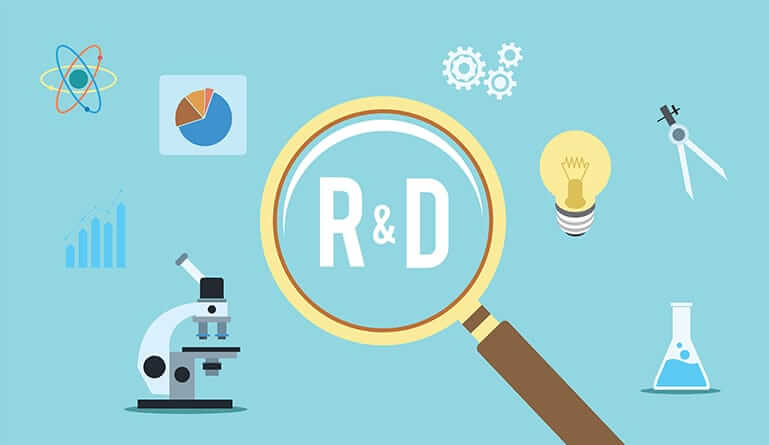

You might be doing more “research and development” than you think – and missing out on valuable tax savings
If you manufacture products, develop new tools, or improve existing processes in your business, you could be sitting on a significant tax opportunity. The Research and Development (R&D) tax credit has been expanded and simplified, making it more accessible than ever for small businesses like yours.
The IRS definition of qualifying R&D activities is broader than most business owners realize. You don’t need a lab coat or advanced degrees – you just need to be solving technical problems and improving your business processes or products.
Manufacturing Activities That Often Qualify:
Retail and Trade Activities That May Qualify:
Construction and Trades Activities:
For an activity to qualify for the R&D credit, it must meet all four criteria:
Metal Fabricator: Claimed $45,000 in credits for developing a new welding technique that reduced material waste by 30%. The systematic testing of different parameters and documentation of results qualified.
Food Manufacturer: Earned $28,000 in credits for reformulating products to meet new dietary requirements while maintaining taste and shelf life. The experimentation with different ingredient combinations was qualified.
Software-Enabled Retailer: Received $52,000 for developing a custom inventory management system that integrated with their unique product mix and supplier relationships.
The credit can be substantial:
Qualifying expenses include:
The most important step is proper documentation. Start tracking:
Consider professional assistance from a tax accountant if:
Many small businesses miss out on this credit because they don’t recognize their everyday problem-solving and improvement activities as qualifying R&D. The expanded credit rules make it easier than ever to claim, and the payroll tax offset option provides immediate cash flow benefits for growing businesses.
The key is to start documenting your qualifying activities now, even if you plan to claim the credit later. Good documentation is the foundation of a successful R&D credit claim.
Ready to explore whether your business qualifies for R&D credits? Contact our office to schedule a consultation. We’ll review your activities, help you identify qualifying expenses, and determine the best strategy for maximizing your credits. Don’t let valuable tax savings slip through your fingers – reach out today.

Christine Gervais
Christine Gervais is a licensed CPA, using her skills to help businesses grow and achieve their fullest potential. Christine has a Master’s degree in accounting from Southern New Hampshire University in addition to holding her CPA license for over a decade. Notably, Christine is a nationally recognized speaker providing education to other CPAs on how to best serve clients as well as instruction on a wide variety of topics for business owners on how to maximize success. Christine prides herself on the value she can bring to clients with her extensive tax knowledge and provides strategic, forward-thinking financial strategies to help clients grow. When not behind her desk, you can find Christine spending quality time with her daughter and stepson or tending to the family’s excessively loved farm animals.